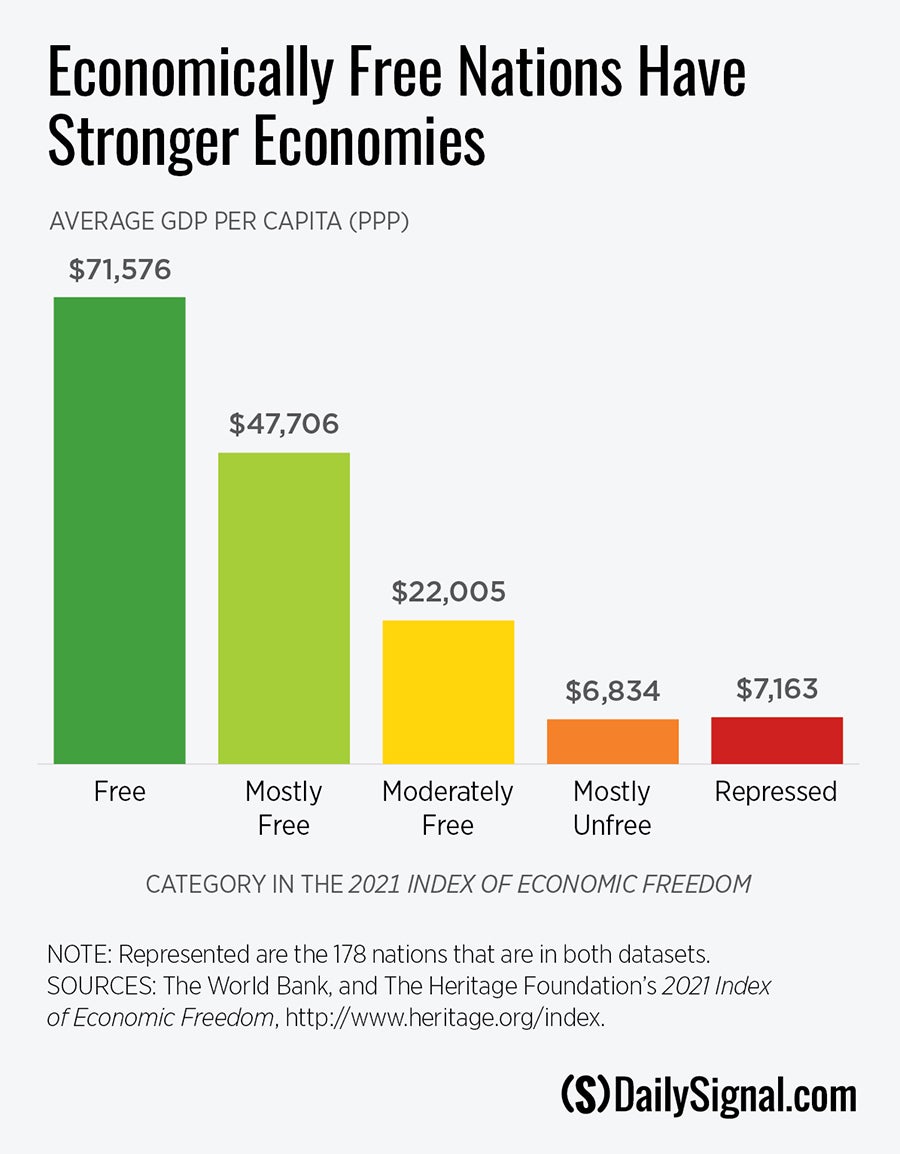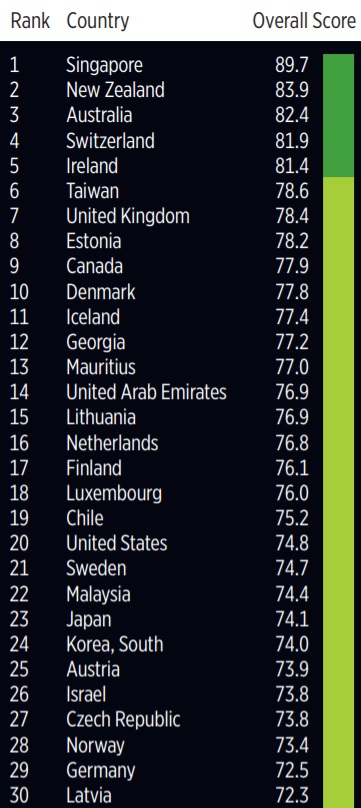How Economic Freedom Affects Trade Freedom
Understanding the Correlation
The Index of Economic Freedom, compiled by the Heritage Foundation, analyzes the level of economic freedom in countries around the world. Among the various components of economic freedom, trade freedom plays a crucial role in fostering economic growth and development. This blog post aims to explore the correlation between economic freedom and trade freedom, highlighting the impact that trade liberalization has on overall economic prosperity.
The Interplay of Economic Freedom and Trade Freedom
Economic freedom is a multi-dimensional concept that encompasses a range of factors, including property rights, legal structure, government size, and monetary policy. Trade freedom, on the other hand, specifically refers to the absence of barriers to international trade, such as tariffs, quotas, and other restrictions. When a country enjoys a high level of economic freedom, it is more likely to embrace trade liberalization policies that promote free and open markets.
Research indicates a strong positive correlation between economic freedom and trade freedom. Countries with higher levels of economic freedom tend to have more liberalized trade policies, which result in greater integration into the global economy. These countries often experience increased foreign direct investment, job creation, and economic growth.
Trade Freedom as a Catalyst for Economic Development
Trade freedom serves as a catalyst for economic development by fostering competition and innovation. When countries remove barriers to trade, they create a level playing field for businesses, both domestic and foreign. This competition drives down prices, increases product quality, and spurs innovation as companies strive to meet the demands of consumers.
Furthermore, trade freedom allows countries to specialize in producing goods and services where they have a comparative advantage. By exporting their surplus production, countries can generate foreign exchange, which can be used to import goods and services that they cannot produce efficiently. This specialization and exchange lead to increased productivity, efficiency, and economic growth.
Conclusion
The correlation between economic freedom and trade freedom is undeniable. Countries that embrace economic freedom policies, including trade liberalization measures, tend to experience greater economic prosperity and development. By reducing barriers to trade, countries foster competition, innovation, and specialization, which ultimately benefit consumers, businesses, and the overall economy.
As governments around the world grapple with the challenges of economic recovery and sustainable growth, they should prioritize the promotion of economic freedom, including trade liberalization. By embracing free and open markets, countries can unlock their full economic potential and create a more prosperous future for their citizens.


Comments